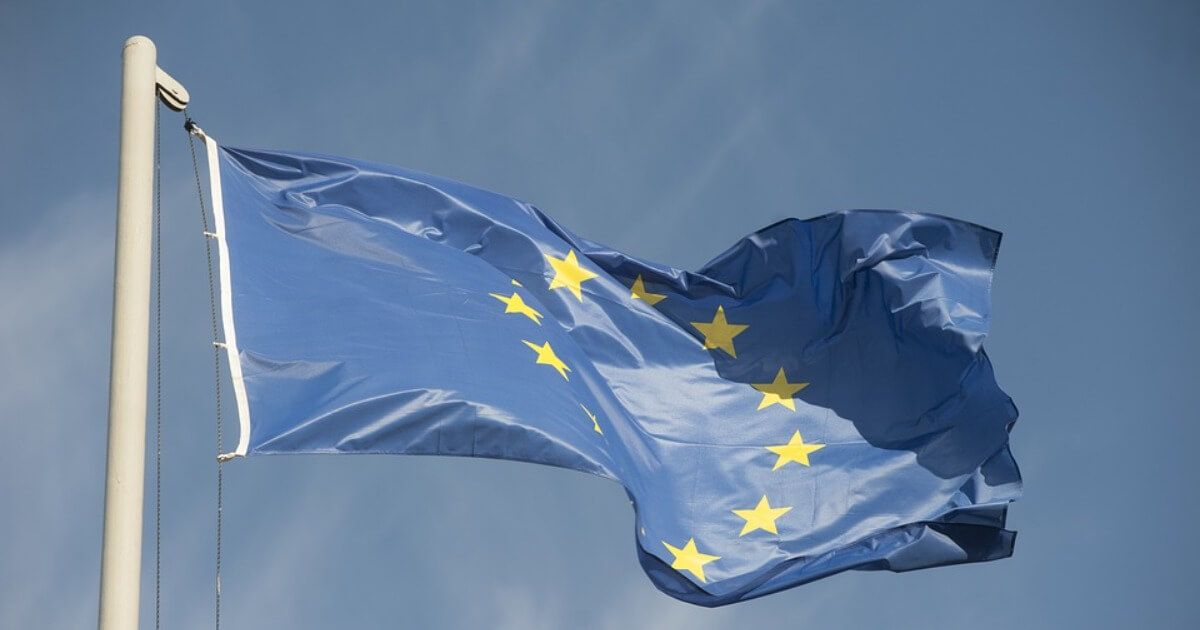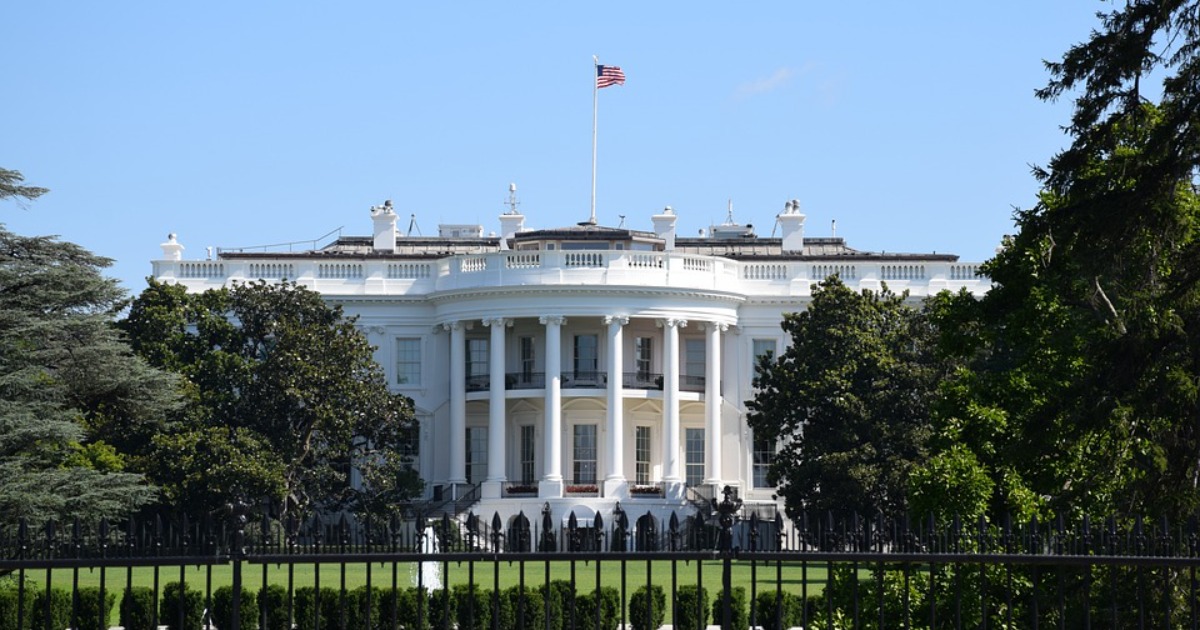Europe’s COVID 19 Response Put in Perspective
The EU tends to move more slowly — but it does get its act together.
February 3, 2021

The European Union is lagging far behind the UK — and the US — in vaccinating its people against COVID 19.
Beyond the potential health consequences, slow vaccination progress has economic consequences — as it can force countries to maintain tight lockdowns for longer, thus delaying the start of the economic rebound.
Beyond the economic consequences, we have to consider the potential political consequences.
At present, it appears as if a perception might take hold that the EU is not handling the crucial vaccination process well.
The fallout from that could weaken national governments – and feed Euro-skeptic sentiment among voters in EU countries, as well as complicate relations between the EU and countries outside the of the bloc.
EU: In it together
To be sure, the EU is not well suited to a U.S.-style “Operation Warp Speed,” — that is a fast, determined and potentially expensive push to tackle a novel task.
By its very nature, the EU — as a club of 27 countries — tends to move more slowly. It moves more cautiously — and with less tolerance — for major financial risks than individual rich countries.
Inside the EU, many national governments — with different approaches and priorities — need to be consulted during negotiations before the EU’s executive arm (the European Commission) can implement the resulting common position.
A pivotal lesson learned from the euro crisis
At present, the fact that EU members, as a group, chose a common approach to vaccination to forestall any risk of “vaccine nationalism” within the EU may frustrate some.
For a reality check, just imagine what might have happened if some richer — or luckier — member countries (such as Germany — home of BioNTech) would have used their clout and deep pockets to secure a disproportionate share of vaccines for themselves.
The resulting disputes, say between the North and the South, or between the richer EU members in the West and the poorer ones in Europe’s South and East, could have caused political tensions in the EU that might have gone well beyond those of the euro crisis.
At the trough
While the ultimate impact of the slow EU vaccination progress remains to be seen, the key point to be kept in mind is that more vaccines are getting approved — and production is increasing.
In part, this is happening because more pharmaceutical plants are being re-geared to produce the vaccines that work — so that supply bottlenecks should ease in the EU in the coming months.
The expectation for the Eurozone — as well as for the US and the UK — is that vaccinations will have progressed enough by October or November so that only modest restrictions to economic activity will be needed when the seasonal infection risks rise again in late 2021.
This is based on the assumption that enough of the vaccines will be and remain sufficiently effective — or can be “boosted” to be effective — against virus mutations.
Mind the politics
Part of the palpable political nervousness may concern the prospect of national elections. The Netherlands will vote on March 17th — and Germany on September 26th.
Also, if attempts to form a new government fail in Rome in coming weeks, Italy may have to hold snap-elections in June.
As far as the potential political fallout in Germany is concerned, the crucial fact is that the euro-sceptic, right-wing AfD is not likely to benefit from the criticism directed at the EU and the German government. The party has consistently downplayed the COVID 19 risks.
Risks in France
The narrative that the EU was too slow on vaccination could strengthen Marine Le Pen in France ahead of the next presidential elections, to be held in April and May 2022.
Opinion polls for the first round put Le Pen neck-and-neck with President Emmanuel Macron. Some polls even show her ahead of Macron in the first — but not the second — round.
Even for a potential run-off round, Macron’s lead over Le Pen has narrowed from 58% to 42% in July 2020 to 52% to 48% in January 2021, according to a Harris poll.
Early days
For all the potential political risks described above, it is still the early days. With faster vaccination progress in coming months — and with some better diplomacy — current problems may well be defused.
The record also shows that, although the EU is somewhat slow by nature, it tends to get its act together over time.
From bad news to constructive news — again?
Let us also recall that, during the first wave of the pandemic in March and April last year, a perceived lack of Northern European solidarity with hard-hit Italy made waves.
But that was not the end of the story. Generous mutual support — including an unprecedented €750 billion EU Recovery Package — followed thereafter.
Not so bad after all
An assessment of the EU’s response to COVID 19 should also take into account that, so far, the number of deaths associated with the SARS-CoV-2 virus in the Eurozone — measured on a per-capita basis — is some 20% below that of the United States — and 30% below that of the UK.
That remains a significant achievement — even though major parts of the EU (Italy, France and Spain) have been hit hard.
Globalization at work
Given that COVID 19 is a global phenomenon, a global effort is also best suited to beat the disease. Nothing illustrates this better than the story of the first vaccine approved and administered in an advanced economy.
Showcasing the power of science and international co-operation, a small German biotech company — led by two scientists of Turkish descent — developed a novel mRNA-type vaccine.
Tested partly in Brazil (and given the required scale by a U.S. pharma giant), it was and is being shipped from a Belgian production site to the UK where it has been used to save lives since December 8, 2020 — before being approved and used elsewhere as well.
A closer look at the supply chain would probably reveal vital contributions from further countries. Cross-border co-operation is essential to get the pandemic under control.
Takeaways
The EU is lagging far behind the UK -- and the US -- in vaccinating its people against COVID 19.
The EU tends to move slowly -- but it does get its act together.
The EU choosing a common approach to forestall “vaccine nationalism” may frustrate some. But imagine what would happen if some richer countries secured a disproportionate share of vaccines.
The narrative that the EU was too slow on vaccination could strengthen Marine Le Pen in France ahead of the next presidential elections.
Given that COVID 19 is a global phenomenon, a global effort is also best suited to beat the disease.

